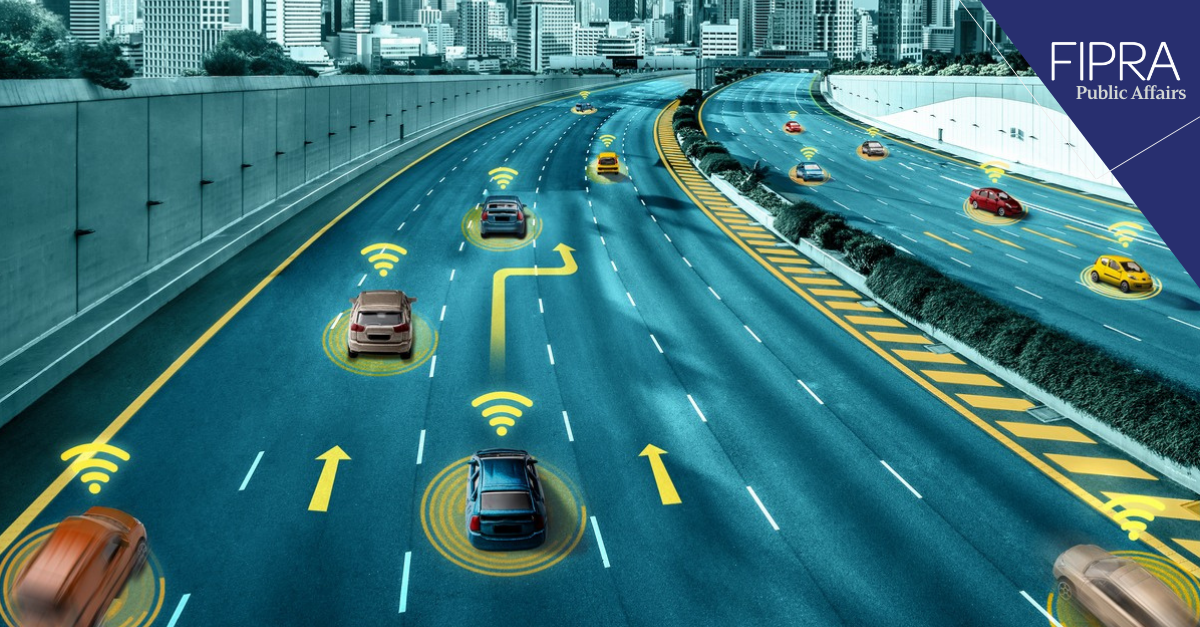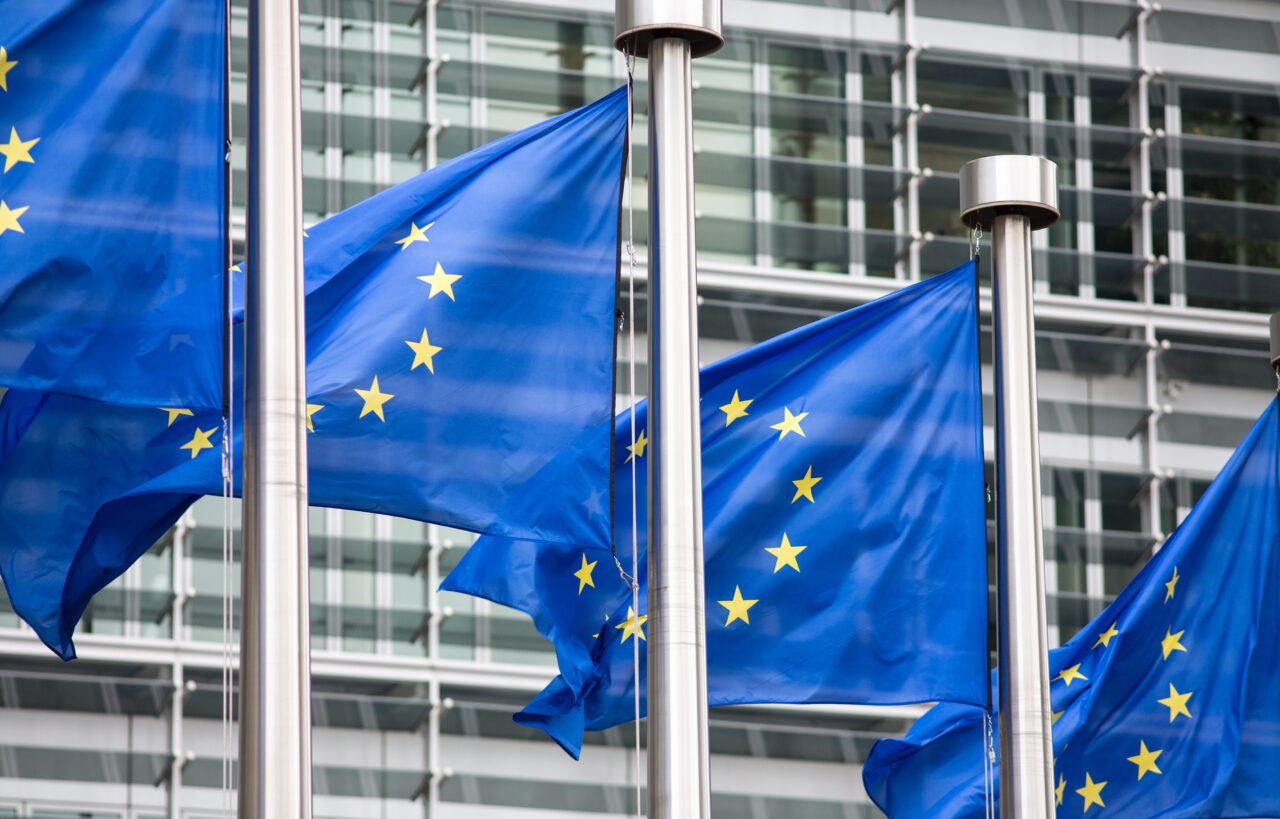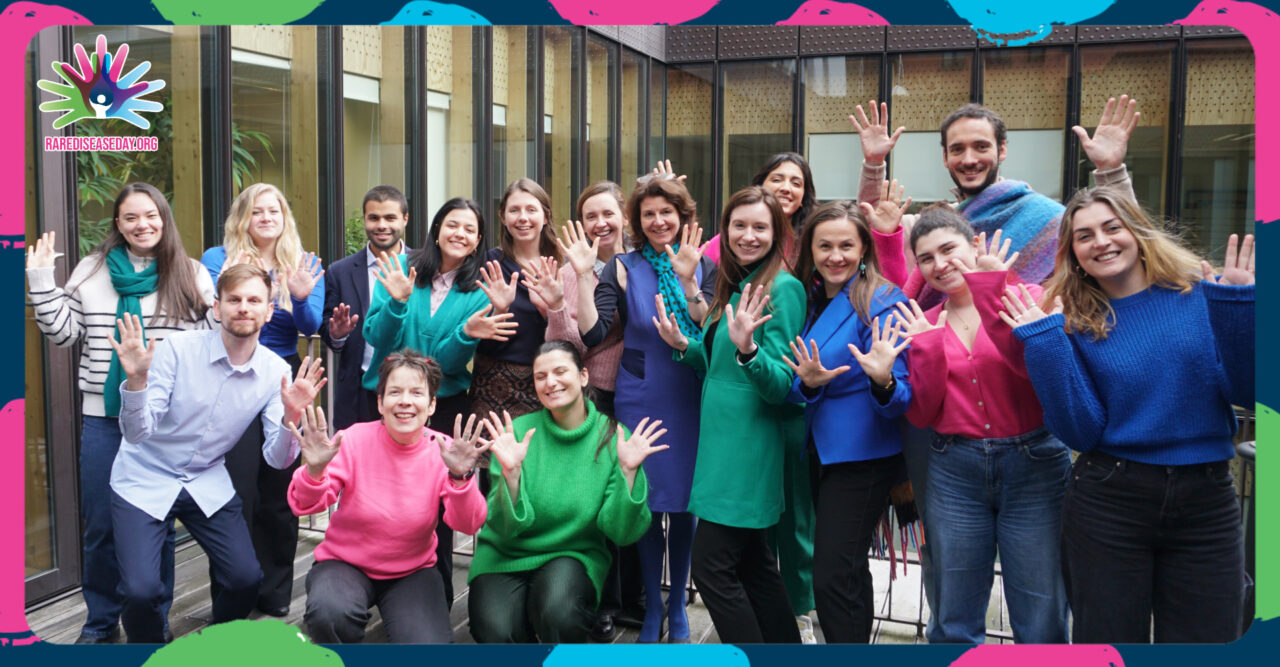policy impact with FIPRA
Mobility players come together for one of the leading events for smarter mobility and transport solutions – the first European ITS congress after the pandemic in Toulouse, France

Earlier this week I had the pleasure to participate once again in the European ITS congress which was organised by ERTICO in Toulouse focusing on the theme: Smart and Sustainable Mobility for all.
While the focus of these congresses has been traditionally on intelligent transport systems or ITS, involving primarily many of the traditional players in the transport systems, the focus has clearly moved to mobility as a new smart ecosystem, involving now also many of the digital players.
The congress reconfirmed that in order to build a new smarter and more sustainable ecosystem, we should join forces across all sectors, private and public, traditional and new players, established companies and start-ups.
There is also a growing consensus that data will become THE foundation for such smart & sustainable mobility future: it is at the core of the proposals by the European Commission to revise the existing ITS directive, so that across Europe certain data could be collected in a more consistent manner in order to improve road safety and accelerate a transition to a smarter transport management system.
National governments however remain sceptical towards too much Europe in this space, preferring to stick to their own way of handling data, but they should start realizing that a more consistent European approach will also contribute to a more sustainable mobility approach across all of the EU countries.
We, at FIPRA, are strong believers in the power of dialogue and collaboration in order to contribute to a truly European approach to create a smarter and more sustainable mobility ecosystem, accessible to all
ERIK JONNAERT, PARTNER – TRANSPORT, TRAVEL & LOGISTICS
We seem to experience similar challenges in order to deliver on really workable multi-modality solutions for mobility : we currently see a multitude of great initiatives trying to capture Mobility as a Service or MaaS (Mobility-as-a-Service). The bottom-up approach allows obviously to reflect local needs and local mobility challenges: however, the multitude of approaches and solutions being offered today across cities and regions tend to confuse users who would benefit from a more consistent and simple to use solution capturing all mobility options to choose from – this will require a more constructive collaboration between private & public sector with more willingness to share data with a focus on the end-user.
As mentioned throughout the congress, it is all about CONNECTING THE DOTS!
We, at FIPRA, are strong believers in the power of dialogue and collaboration in order to contribute to a truly European approach to create a smarter and more sustainable mobility ecosystem , accessible to all .
– Written by Erik Jonnaert


